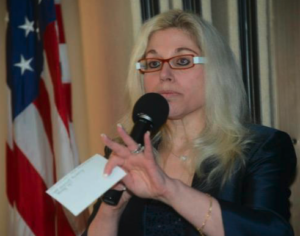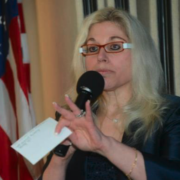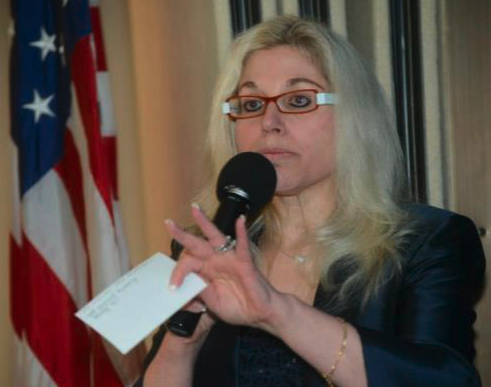Patients can’t afford Congress delaying PBM reform another year
 By Robin Strongin, Senior Director of Health Policy
By Robin Strongin, Senior Director of Health Policy
As the 2024 political campaigns intensify, we’re going to be hearing a lot from candidates about what they’re going to do to make healthcare more affordable. The problem is, we’re dealing with high out-of-pocket costs right now and we shouldn’t have to wait until after another election for something to be done about them, especially when the current Congress has solutions today.
As I navigate my husband’s care through his battle with Lewy body dementia and speak to other patients and their loved ones, I have become all too familiar with the practices certain players in our healthcare system use to boost their already extraordinary profits at our expense. Pharmacy benefit managers, or PBMs, are a prime example of this and we urgently need legislation to rein in their actions that are affecting both the costs we pay for care and access to the medicines our families need.
Several committees in both the U.S. House and Senate have been working on PBM reform legislation for months and there are multiple bills that could be passed now and sent to President Biden for his signature. With the time they will be taking off for campaigning, lawmakers have very few days left that they will be in Washington, D.C. this year. It would be all too easy for them to kick this can down the road and let the next Congress deal with it.
We need to raise our voices to demand that they don’t pass on this opportunity to make a difference.
There are two elements of PBM reform that could have an immediate impact on costs and prescription drug accessibility that Congress should pass without hesitation:
- Disconnect PBM profits from drug prices. Right now, PBMs generate revenues from the rebates they demand from drug manufacturers. The higher the drug costs, the more they make in rebates and, consequently, they steer patients to medicines that cost more and block access to lower-priced generics and biosimilars. Enough is enough. Pass legislation that will have PBMs paid a flat fee for their services and remove the perverse incentives that are forcing patients to pay more and that place financial interests between patients and their healthcare providers.
- Mandate that the PBMs pass along those negotiated rebates and discounts to consumers. Currently, these middlemen are moving those dollars into their own pockets. These savings should be going to patients at the pharmacy counter. It’s just common sense.
These are urgent issues that affect the lives and pocketbooks of millions of Americans. Yes, it’s great that politicians are making promises about how they will fix healthcare costs next year, but we need action now. Congress must pass PBM reform legislation before they adjourn this year.


















